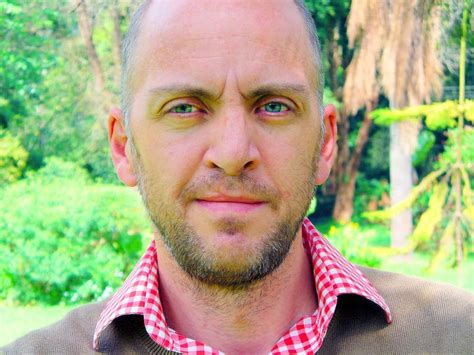A Quote by Peter Adamson
Unlike later Neo-Platonists, Plotinus says that our souls are always connected to the universal intellect and that we never really fall away.
Related Quotes
Before the 3rd century you're having several philosophical schools still as a going concern. You have not only the Platonists and the Aristotelians but you have Scepticism, you have Stoicism, you even have a little bit of Epicureanism. And what happens after Plotinus is that everybody becomes a Neo-Platonist. So if we then go forward to the Islamic world for example, Plotinus is immensely influential, and Neo-Platonism becomes at least one major component of mainstream Islamic philosophy as well.
Who you really are, is an immaterial soul and the body is an external thing that's sort of an encrustation your soul. So this has important implications for Plotinus' ethics, because his ethics are basically all about encouraging us to turn away from the body and turn towards these higher principles, so universal soul, universal intellect and ultimately the One.
People often talk about Plotinus' system. The reason they do this is that Plotinus postulated a kind of series or chain of principles, so at the top there's what he called the One. Below the One is what he called Intellect. Below Intellect is Soul, and the effect of the soul is the physical world that we actually live in.
In the fall, you don't grieve because the leaves are falling and dying. You say, "Isn't it beautiful!" Well, we're the same way. There are seasons. We all fall sooner or later. It's all so beautiful. And our concepts, without investigation, keep us from knowing this. It's beautiful to be a leaf, to be born, to fall, to give way to the next, to become food for the roots. It's life, always changing its form and always giving itself completely. We all do our part. No mistake.
I think it's important to realise that what happens in Neo-Platonism beginning with Plotinus and Porphyry and then going on for the next several centuries, is a real kind of contest for the ideas and convictions of the intelligentsia of the later Roman Empire. So that you have Christians slowly converting more and more powerful people until of course actually Constantine and then other emperors after him, become Christian, and the empire becomes a Christian empire rather than Pagan empire.


























